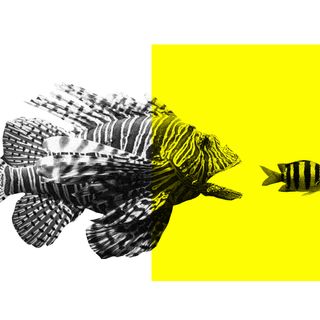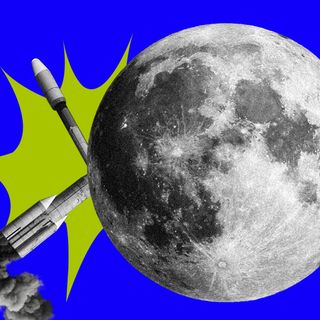Octopuses find shelter under seashells to care for their young, keep themselves safe, or just hang out. Increasingly, they’re resorting to human-made trash for survival. A review published in Marine Pollution Bulletin studied how octopus behavior is adapting to marine pollution, and it doesn’t paint a pretty picture.
The present research analyzed 261 photographs from “citizen science” records between 2018 to 2021. They found that glass comprised a higher percentage of materials used as shelters than plastic; contrary to what scientists expected.
The coconut octopus (Amphioctopus marginatus), for instance, was found to be using human waste as a shelter most commonly. The researchers note that glass bottles may have their uses: the neck of the bottle prevents easy access to predators, providing some protection for the octopuses. But the problem has got to a point where, under scarcity, octopuses compete with one another for access to human trash as houses.
Although the phenomenon of octopuses using artificial shelters has been observed for decades, scientists note: “Despite any possible positive effects, the use of litter as shelter could have negative implications.” The dynamic threats human waste — and its different forms — represents threatens their survival
For one, octopuses are beginning to reside in glass bottles — if broken, these could pose a threat of injury to the delicate cephalopods. Scientists also found them clinging to batteries — considered among the most toxic forms of waste.
Related on The Swaddle:
The World’s First Octopus Farm Raises Ethical Concerns Over Animal Sentience
Ceramic pots, metal pipes, and fishing gear comprise some of the other materials that serve as homes for over 24 species of cephalopods. What’s more: a new species called the pygmy octopus (Paroctopus cthulu) has only ever been observed to live inside human-made rubbish. Beer cans are a typical favorite, as Science Alert reports.
The study is important to note the ways in which octopuses and other marine creatures are forced to adapt to human interference — and pollution is among the most serious interferences they face now. How they organize their lives depends on what we put into the water. Paradoxically, as natural forms of protection erode, human waste serves as a useful alternative — but there are still several causes for concern.
As such, documentation of these incidences is scarce; the impetus to research it is even more so. But the study notes that the “information is fundamental to help prevent and mitigate the impacts of litter on octopuses, and identify knowledge gaps that require attention.”




